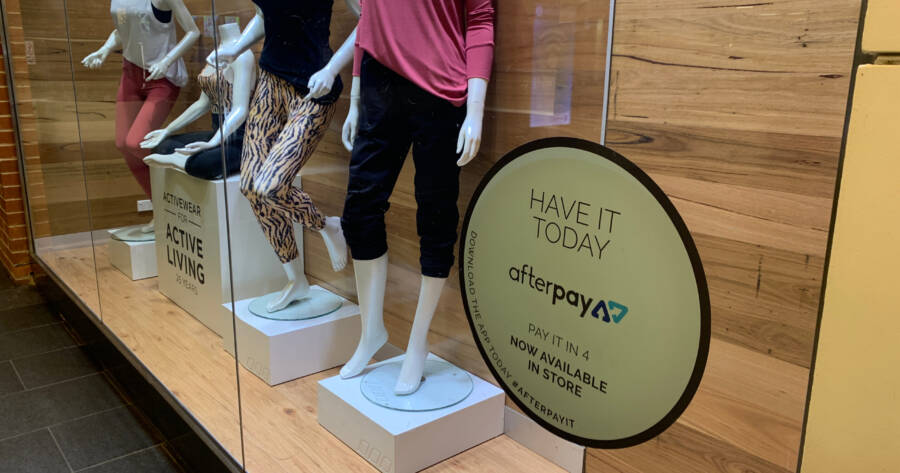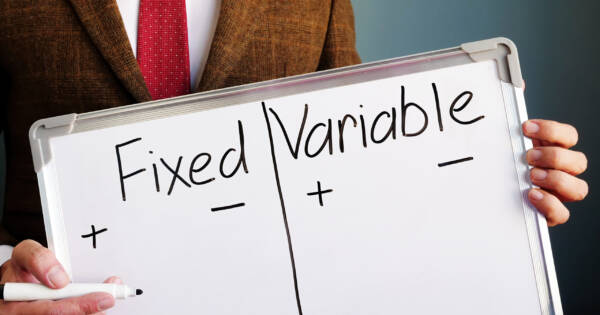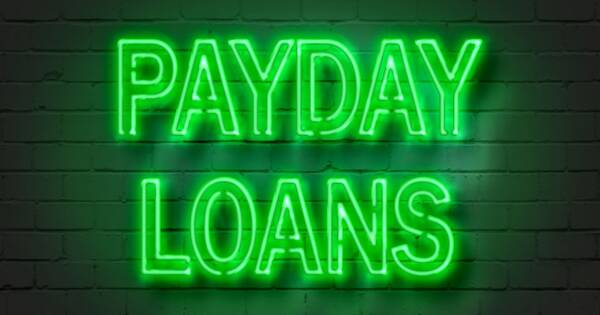Unless you are somehow capable of ignoring all advertising, you’ve certainly heard of those “buy now, pay later” offers. Traditionally, they were made for big ticket items like furniture, TVs, or appliances. Now they are being offered on even more items, including basic clothing. Online retailers are using the phrase “digital layaway,” where they send the item immediately but don’t expect payment for a little while longer.
Wait, Loans?
Those buy now, pay later (BNPL) offers are technically loans. They may be much smaller than a mortgage or a car loan, but they are the same thing. They come with their own terms and conditions. Oh, and their own fees and penalties too. Sometimes, even hidden interest rates if you do the slightest thing wrong.
Unfortunately, many people don’t realize this until it’s too late. The allure of BNPL just makes shopping too easy, especially as the world remains stuck in a pandemic that has crippled the finances of many citizens. Some people think that BNPL deals are a better option than using a credit card. In fact, 18% of millennials made at least one BNPL purchase in the past two years, according to Forbes.
How It Works
The pitch is simple. Whether you’re shopping for a new treadmill or designer handbag, you’ll be offered a point-of-sale offer to pay later (or in installments). For example, you could buy that $500 bag for four payments of $125, over the next four months.
These loans are offered by third party companies like Afterpay, Affirm, or Klarna. They recoup a percentage of the purchase price back from the retailer as their fee. The store itself will happily pay this fee, since BNPL deals can entice you to buy a product you might not normally splurge on. After all, $125 a month for four months doesn’t seem nearly as painful as forking over $500 today, right? So the loan company takes their cut, but the retailers increase their sales, so everyone is happy.
Are They Good Deals?
Like most financial questions, the answer is: it depends.
Let’s say your fridge dies suddenly. You need to spend $1,500 on a new one. Luckily, your emergency fund is well stocked and you have a bunch of available credit at your disposal. You could buy the fridge with cash. You could use your credit card, rack up the reward points, and then pay off the balance quickly. Or you could take the store’s offer to pay $300 a month for the next five months.
If you accept the BNPL deal, there are some advantages. You will keep your credit card limit available in case of another sudden disaster. You’ll also avoid taking a big chunk out of your emergency fund all at once, hopefully making it easier to replenish. The BNPL deal is basically an interest free loan for five months, so why not take it?
Where the Problem Arises
Although we wish that every one of our readers made smart financial decisions 100% of the time, we know that’s just not the reality. While a BNPL deal might work great for someone who has a firm grasp on their finances, the same deal could be predatory to someone who is desperate.
Using the same fridge example, let’s change the parameters a bit. You don’t have an emergency fund and your credit cards are already maxed. You can’t really live without a fridge in your home, so you have no choice but to use the BNPL deal. However, if you default in any way — miss a payment or make a short payment — the charges add up quickly. Most offers include a $7 to $10 fee for any missed payments. Some of these “no interest” loans suddenly add huge interest rates if you don’t pay them off in the agreed upon time frame. It was buried in the fine print, but who bothers to read all that stuff?
Credit Score Considerations
If you’re trying to build your credit, a BNPL deal won’t really help. It’s not the same as using your credit card responsibly. However, on the flip side, if you do get into trouble and miss payments, you can be sure your credit score will drop as a result. In this regard, it’s not really a fair deal that it can’t help, but only hurt, your credit rating.
To properly build your credit, it’s best to go ahead and use your credit card for purchases, but then pay off the balance immediately. If you know you can’t pay off your $1,500 fridge at the end of the month, but you can make those $300 payments, you may want to consider using the BNPL option. However, it does leave room for future issues.
For example, if another expensive problem pops up (say your car needs a hefty repair job), you might find yourself suddenly unable to make your fridge payments. Your “zero interest” installment loan suddenly became a lot more expensive. One of the biggest downfalls of BNPL deals is that you cannot predict the future. Sure, you had every intention of making those payments on time. But sometimes life throws you a curveball. That’s basically how these BNPL companies make their money.
The Bottom Line
Ideally, you can get yourself to a financial point where you don’t even need to consider using a BNPL deal. You’ll have cash savings or attractive enough credit to just buy the things you need and pay them off before they cost you a ton in interest. If you’re not quite at that point yet, that’s okay. When used smartly, a BNPL deal can make sense.
However, here are the facts. A recent study by Cornerstone Advisors uncovered that 43% of BNPL customers have missed a payment. Roughly 67% of those who missed a payment blamed it on losing track of when the bill was due, and not a lack of cash. So do yourself a favor and set up automatic payments (or reminders in your phone) if you do decide to make a BNPL purchase.
As always, consider the want vs. need argument. Yes, you definitely need a new fridge if your old one dies. But do you really need that new handbag? Or that bigger TV? Do you need a $3,000 Peloton machine? Or should you just buy a cheap bike and hit the pavement — complete with real fresh air? Don’t get suckered into unnecessary purchases just because BNPL deals make it so easy.








